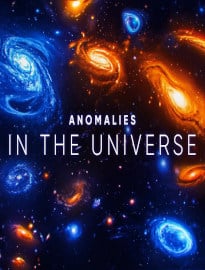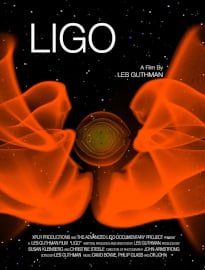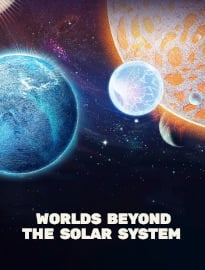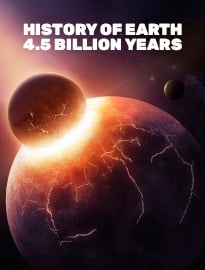
Face and Voice: The Power of Our First Impression
In the intricate dance of social interaction, first impressions hold immense weight. Within a mere fraction of a second, our brains make critical judgments about the people we...

In the intricate dance of social interaction, first impressions hold immense weight. Within a mere fraction of a second, our brains make critical judgments about the people we...

The human gaze has always been drawn skyward, captivated by the twinkling expanse of space. The dream of interstellar travel, venturing beyond our own solar system, embodies this...

Our evolutionary journey, stretching back 25 million years from the ape-like Piolatherus, reveals several crucial factors shaping humanity. Social structures emerged early, with Piolatherus living in groups and communicating...

Our universe is a vast and enigmatic expanse, teeming with celestial bodies both familiar and strange. This documentary embarks on a captivating exploration of these anomalies, venturing beyond our solar system to uncover the...

Space exploration, a captivating endeavor fueled by human curiosity and innovation, has unveiled the universe's grandeur and unraveled its secrets. From venturing beyond our planet...

Gold, though seemingly abundant in our lives, is surprisingly scarce on Earth. Despite its rarity, we've used it across civilizations, from ancient Egypt to modern smartphones. Its...

Have you ever wondered what keeps your feet firmly planted on the ground, or how planets dance gracefully around the sun? The answer lies in the invisible hand of gravity, a force so...

Imagine ripples in the fabric of spacetime, caused by cataclysmic events like colliding black holes, echoing across the cosmos. For centuries, these "gravitational waves" were just a prediction of Einstein's theory of...

For millennia, humanity has gazed at the starry sky, wondering if other worlds harbored life beyond our fragile Earth. Now, thanks to powerful telescopes and the tireless efforts of scientists, we're beginning to glimpse the...

The Earth, a staggering 4.5 billion years old, is explored through a unique perspective in which each second represents 1.5 million years. This approach aims to provide a graspable...

Around 300 million years ago, the Carboniferous period witnessed the dominance of colossal insects on Earth. Dragonflies, equivalent to the size of hawks, and 10-foot-long centipedes thrived in an atmosphere abundant with 35%...

Black holes, born from the tumultuous death throes of massive stars, stand as cosmic marvels that stretch and reshape the very fabric of space-time, challenging the bounds of our understanding. These celestial behemoths,...

Launched on Christmas morning 2021, the James Webb Space Telescope (JWST) embarked on a $10 billion, 30-year mission to explore the universe's early stages from a unique vantage point 1.5 million kilometers away from the Earth....

The mysteries of the universe have fascinated humanity for ages, leading us to ponder the uncertainties that lie ahead and the inevitable conclusion of death, the great equalizer that claims us all. However, amid the passage of...